If you've ever wondered what dry ranch dressing seasoning actually is and how to use it properly, you're not alone. Dry ranch seasoning is a powdered blend of herbs and spices that recreates the flavor of traditional ranch dressing without the need for refrigeration. Unlike liquid ranch, this shelf-stable version gives you consistent flavor in seconds - perfect for busy weeknights or last-minute recipe adjustments. In this guide, you'll discover exactly how to use it, the best store-bought options, and a simple homemade recipe that beats store versions.
Table of Contents
- What Is Dry Ranch Dressing Seasoning? (Simple Explanation)
- Key Ingredients and What They Do
- 7 Best Ways to Use Dry Ranch Seasoning
- Easy Homemade Dry Ranch Seasoning Recipe
- Top 5 Store-Bought Brands Compared
- Nutrition Facts and Health Considerations
- How Long It Lasts and Best Storage Practices
- Frequently Asked Questions
What Is Dry Ranch Dressing Seasoning? (Simple Explanation)
Dry ranch dressing seasoning is a powdered mix of herbs, spices, and sometimes dried dairy that gives you ranch flavor without the liquid dressing. Just add water, oil, or yogurt to make dressing, or sprinkle it directly on foods for instant ranch taste.
Why use dry instead of liquid ranch?
- Longer shelf life (no refrigeration needed)
- More concentrated flavor per serving
- Easier to customize (make it spicier, saltier, etc.)
- Perfect for coating proteins or vegetables before cooking
- Takes up less space in your pantry
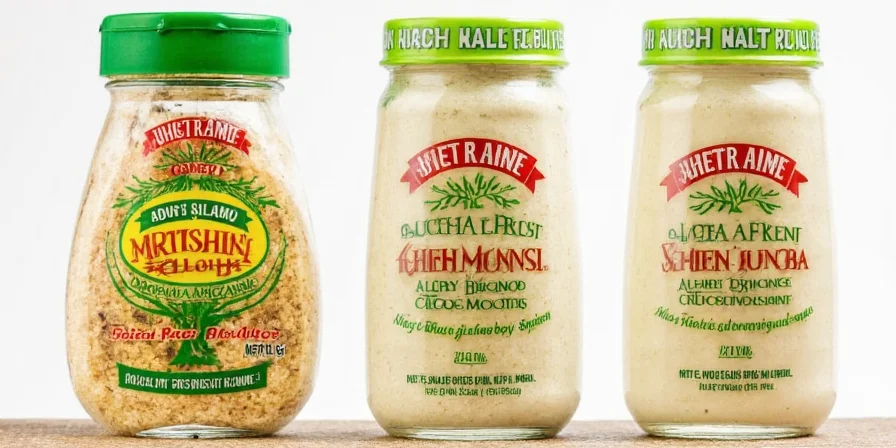
Key Ingredients and What They Do
While recipes vary, most dry ranch seasonings contain these core ingredients. Here's what each one contributes to the final flavor:
| Ingredient | Why It's Included | Flavor It Adds |
|---|---|---|
| Garlic Powder | Provides savory depth | Rich, earthy base note |
| Onion Powder | Enhances overall savoriness | Sweet, slightly sharp background |
| Dill | Classic ranch herb | Grassy, fresh flavor |
| Chives | Traditional ranch component | Mild onion flavor |
| Buttermilk Powder | Creates creamy perception | Tangy dairy note (absent in vegan versions) |
| Black Pepper | Finishes the flavor profile | Subtle heat and complexity |
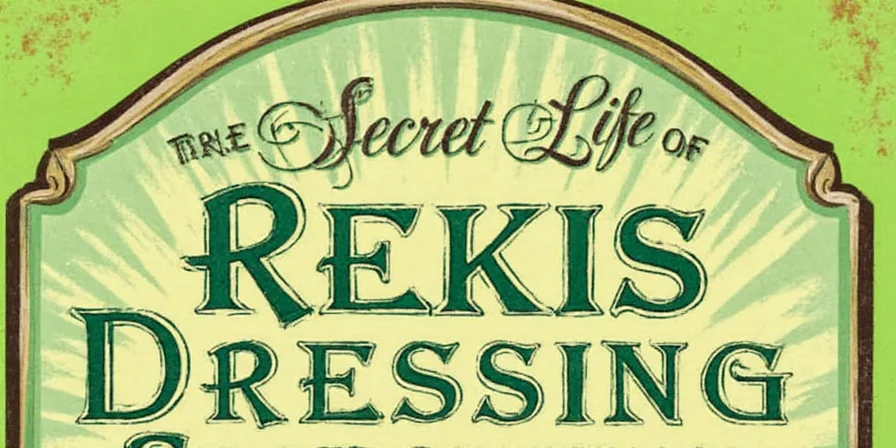
7 Best Ways to Use Dry Ranch Seasoning
Don't limit yourself to just making dressing! Here are the most popular and effective ways home cooks use dry ranch seasoning:
- Classic Ranch Dressing: Mix 2 tablespoons seasoning with 1 cup buttermilk and 1/2 cup mayo (or Greek yogurt for healthier version)
- Popcorn Seasoning: Toss 1 tablespoon with 1/4 cup melted butter (or olive oil) and 6 cups freshly popped popcorn
- Ranch Baked Potatoes: Mix 1 teaspoon with olive oil and rub on potatoes before baking
- Roasted Vegetables: Combine 1 tablespoon with 2 tablespoons olive oil for perfect roasted veggies
- Chicken or Fish Rub: Pat protein dry, then rub with 1-2 teaspoons seasoning before cooking
- Ranch Dip: Stir 1/4 cup seasoning into 16 oz sour cream (or vegan alternative)
- Salad Sprinkle: Use directly on salads for instant ranch flavor without added liquid
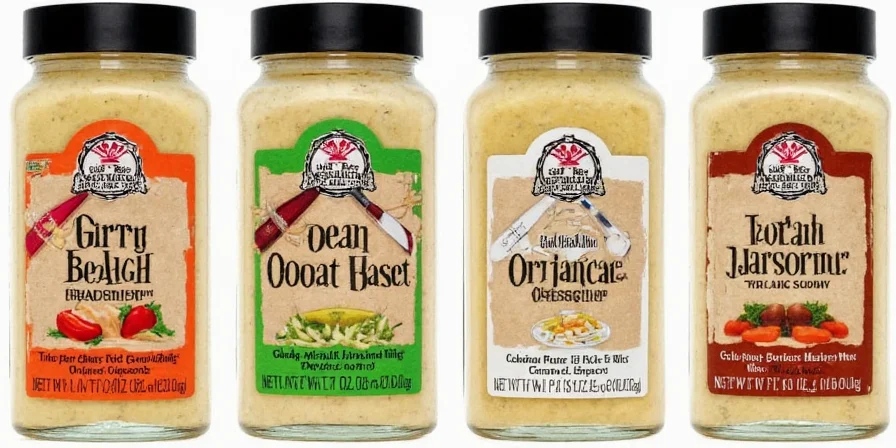
Easy Homemade Dry Ranch Seasoning Recipe
Make restaurant-quality ranch seasoning at home with common pantry ingredients. This version avoids preservatives and lets you control the salt level.
All-Purpose Dry Ranch Seasoning
- 2 tablespoons dried parsley
- 1 tablespoon dried dill
- 1 tablespoon dried chives
- 1 tablespoon garlic powder
- 1 tablespoon onion powder
- 1 teaspoon dried thyme
- 1 teaspoon black pepper
- 1/2 teaspoon paprika (for color)
- 2 tablespoons buttermilk powder (or omit for vegan version)
- 1 teaspoon salt (adjust to taste)
- Mix all ingredients thoroughly in a small bowl
- Store in an airtight container at room temperature
- Use within 3-4 months for best flavor
Pro Tip: For immediate dressing, mix 2 tablespoons of this blend with 1/2 cup mayonnaise, 1/2 cup buttermilk, and 1 tablespoon lemon juice. Refrigerate for 1 hour before serving.
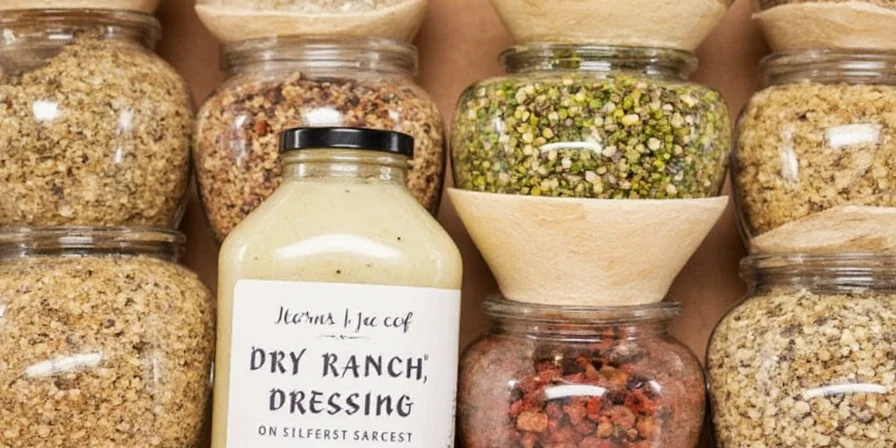
Top 5 Store-Bought Brands Compared
Not all ranch seasonings are created equal. Here's how popular brands stack up for home cooking:
| Brand | Best For | Price (per ounce) | Key Consideration |
|---|---|---|---|
| Hidden Valley Original | Classic flavor, reliable results | $$ | Contains dairy, higher sodium |
| Kraft Classic Ranch | Budget cooking | $ | Artificial ingredients, less herb flavor |
| Primal Kitchen | Health-conscious cooks | $$$ | Dairy-free, paleo-friendly, lower sodium |
| McCormick Ranch | Everyday cooking | $$ | Widely available, consistent quality |
| Spice Hunter Organic | Organic cooking | $$$ | Certified organic, no additives |
What to look for when buying:
- Real herb names (not just "spices")
- Buttermilk powder listed if you want authentic ranch flavor
- Sodium content under 200mg per serving for healthier option
- No artificial preservatives or colors
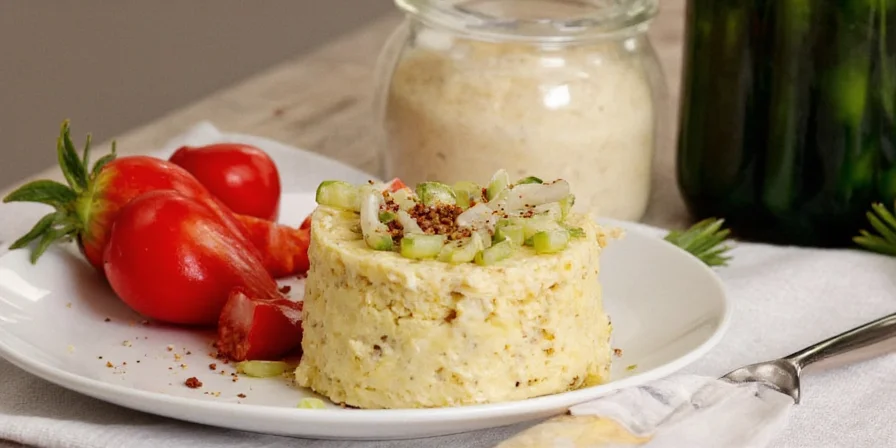
Nutrition Facts and Health Considerations
Here's what you need to know about dry ranch seasoning's nutritional profile:
- Calories: Virtually none when used as seasoning (about 5 calories per tablespoon)
- Sodium: Ranges from 150-300mg per teaspoon (check labels if watching sodium)
- Dairy content: Traditional versions contain buttermilk powder (not suitable for strict vegans)
- Gluten: Most are naturally gluten-free, but check for "may contain" warnings
- Homemade advantage: You control ingredients, can reduce salt, and avoid preservatives
Healthier swaps:
- Use Greek yogurt instead of sour cream for dips
- Mix with avocado oil instead of mayo for dressings
- Reduce salt by 25% in homemade versions
- Choose dairy-free versions if avoiding lactose
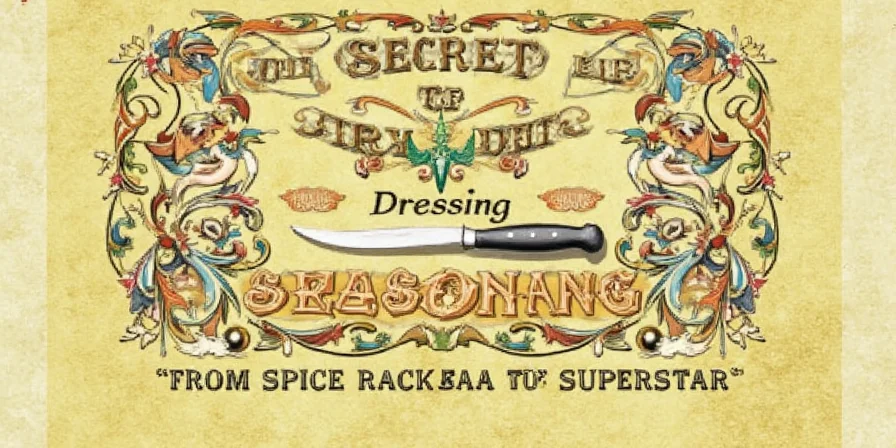
How Long It Lasts and Best Storage Practices
Maximize your dry ranch seasoning's shelf life with these simple storage tips:
- Shelf life: 6-12 months in pantry, up to 18 months in freezer
- Best container: Airtight glass or plastic container (avoid metal)
- Location: Cool, dark place away from stove or sink moisture
- Moisture control: Add a silica packet to prevent clumping
- How to tell if it's bad: Faded color, weak aroma, or clumping that doesn't break apart
Important: Don't store near strong-smelling spices like cumin or curry, as flavors can transfer.
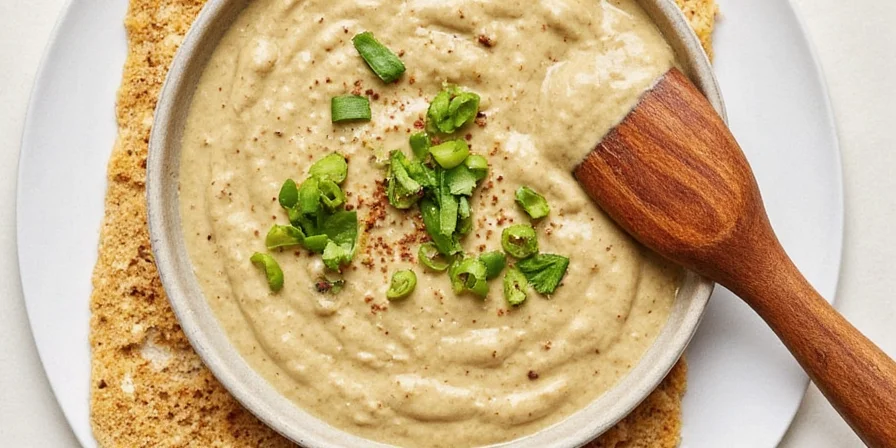
Frequently Asked Questions
Can I use dry ranch seasoning instead of liquid ranch?
Yes! To replace 1/2 cup liquid ranch dressing, mix 2 tablespoons dry ranch seasoning with 1/4 cup buttermilk (or milk) and 2 tablespoons mayonnaise or Greek yogurt. For direct seasoning, use about 1 teaspoon dry mix per cup of food.
Is dry ranch seasoning gluten free?
Most dry ranch seasonings are naturally gluten free, but always check the label. Some brands may use anti-caking agents that contain gluten, or process in facilities with wheat products. Hidden Valley Original Ranch seasoning packets are certified gluten free.
How can I make dry ranch seasoning without buttermilk powder?
For a dairy-free version, omit buttermilk powder and increase dill and chives by 50%. Add 1/2 teaspoon citric acid or 1 teaspoon lemon zest powder to mimic the tangy dairy flavor. Many commercial vegan ranch seasonings use this approach.
Why is my ranch dressing too thin?
Ranch dressing becomes too thin when there's not enough thickening agent. For perfect consistency, use a 2:1 ratio of mayonnaise to liquid ingredients. If already too thin, mix 1 teaspoon cornstarch with 1 tablespoon cold water, then whisk into dressing and refrigerate for 1 hour.
Final Tips for Perfect Ranch Flavor
Dry ranch seasoning is one of the most versatile pantry staples you can have. Whether you're making quick weeknight dinners or hosting weekend gatherings, having this seasoning on hand means you're always minutes away from delicious ranch flavor.
The key to great results is understanding how to use it properly: as a direct seasoning for immediate flavor, as the base for dressings and dips, or as a flavor booster in cooked dishes. Start with the basic recipe, then experiment with additions like smoked paprika, cayenne, or extra herbs to create your signature ranch blend.
Remember that homemade versions give you complete control over ingredients and flavor intensity. Once you've tried making your own, you'll likely never go back to store-bought!
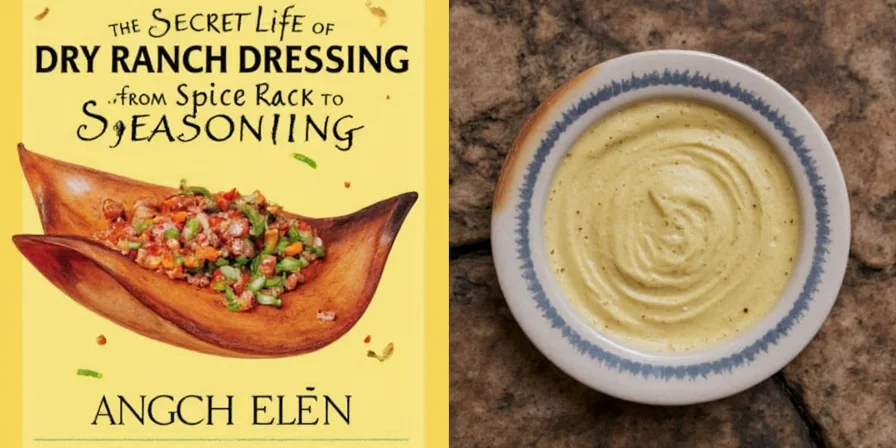

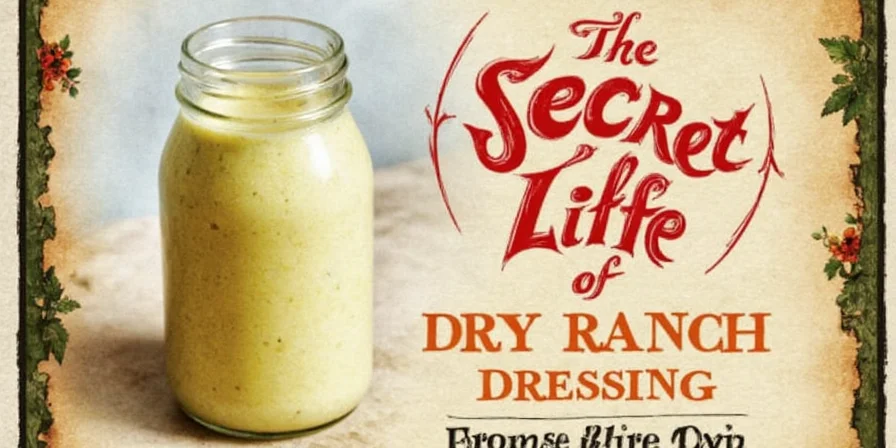









 浙公网安备
33010002000092号
浙公网安备
33010002000092号 浙B2-20120091-4
浙B2-20120091-4